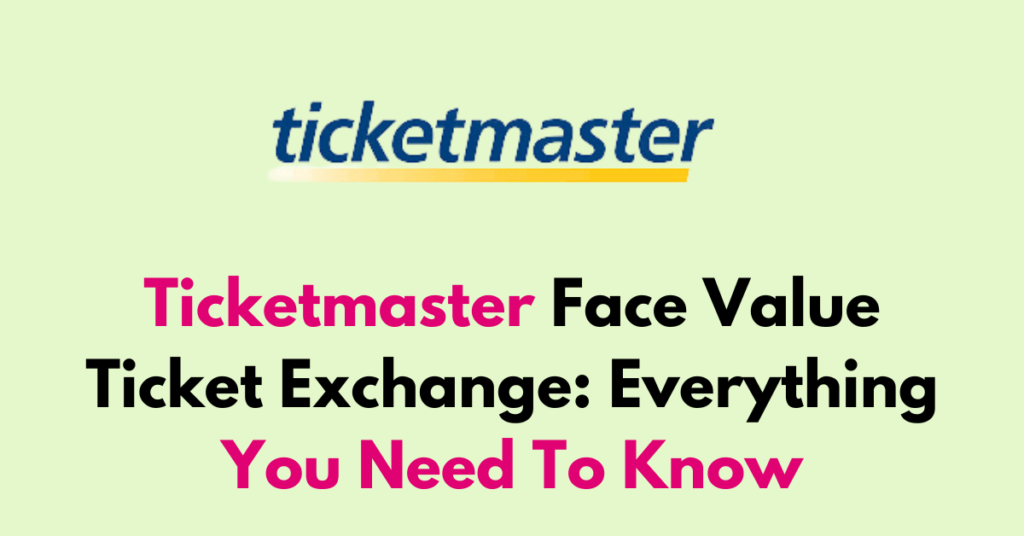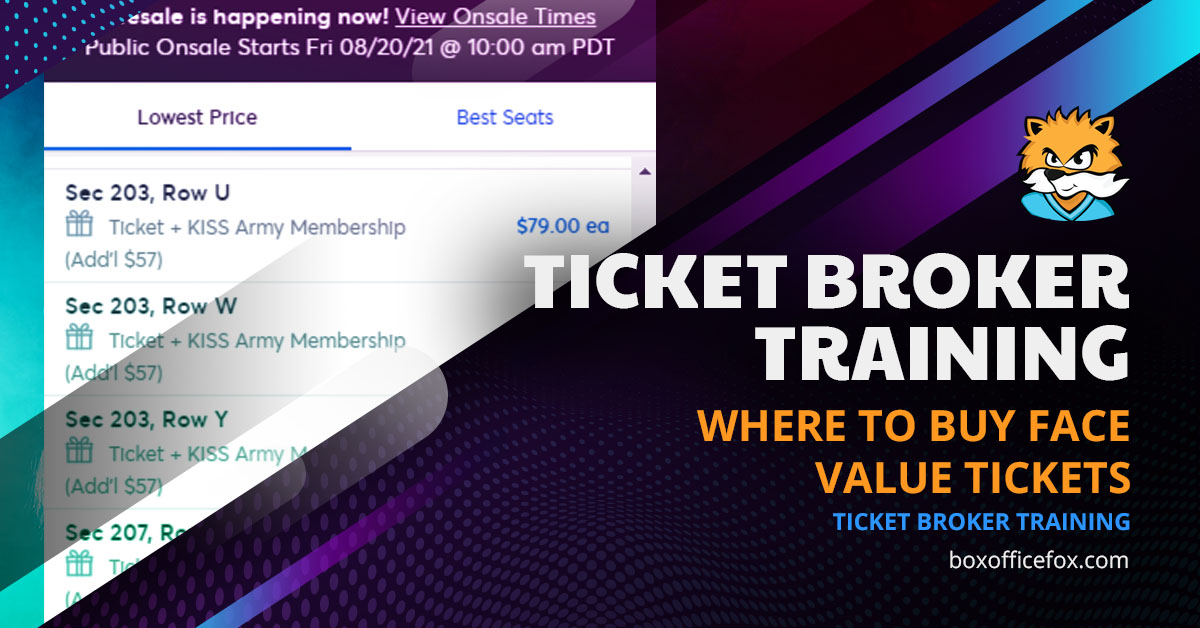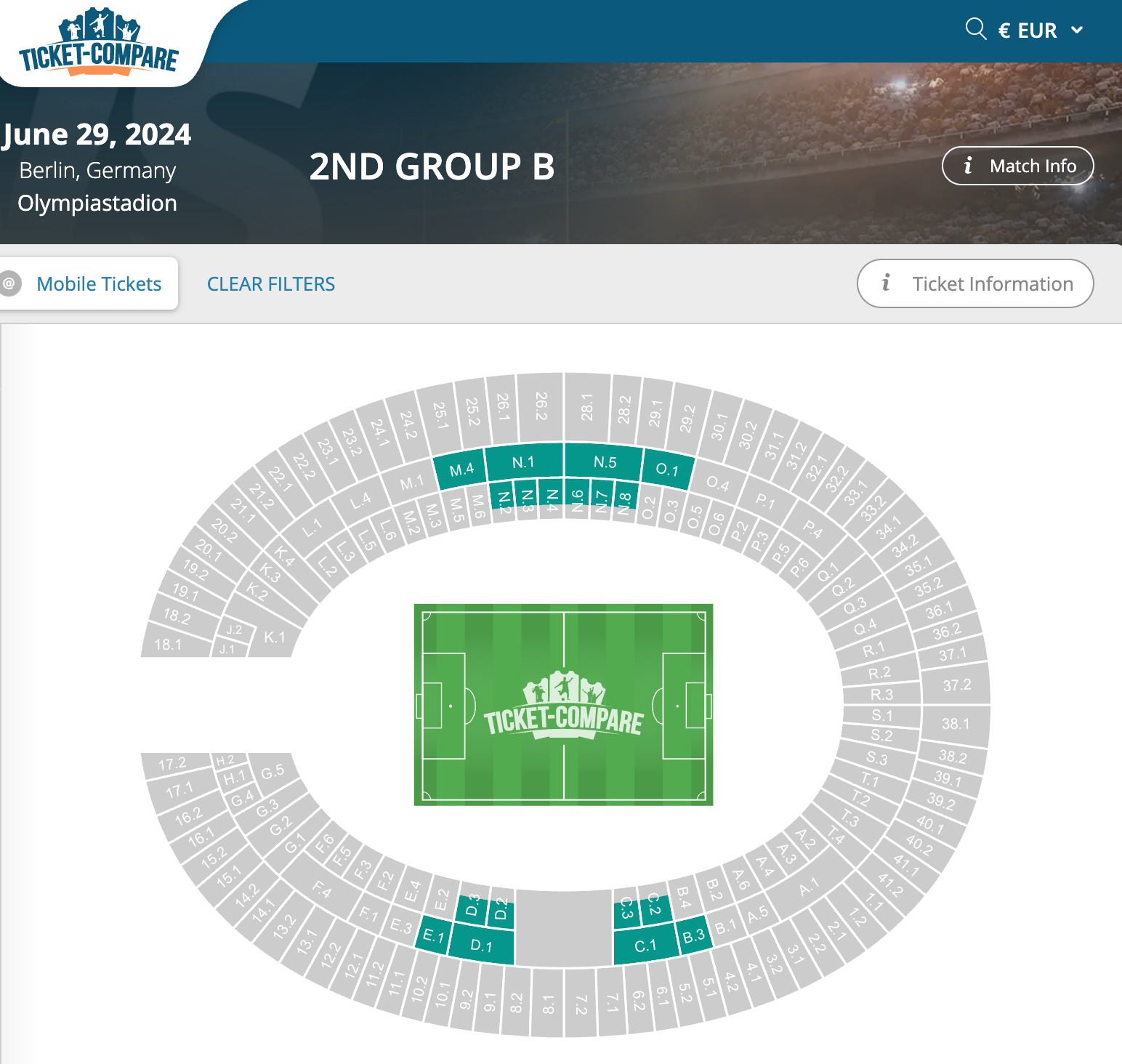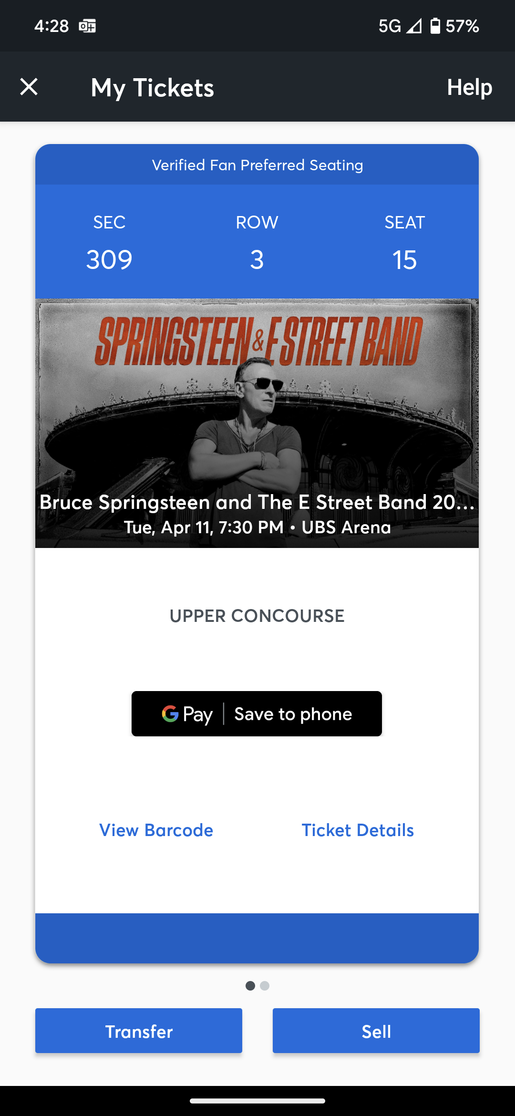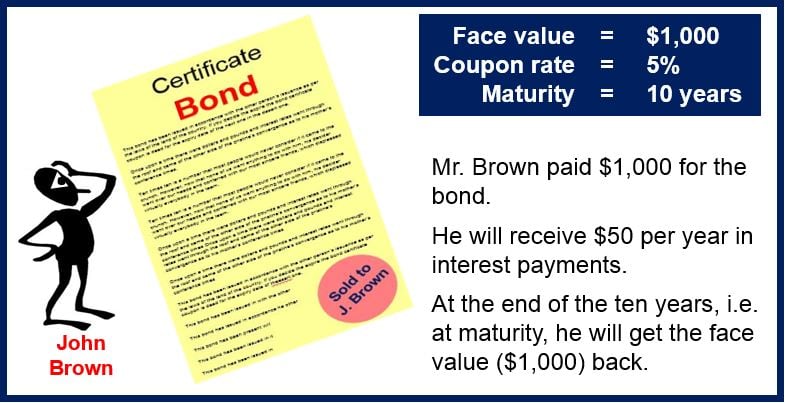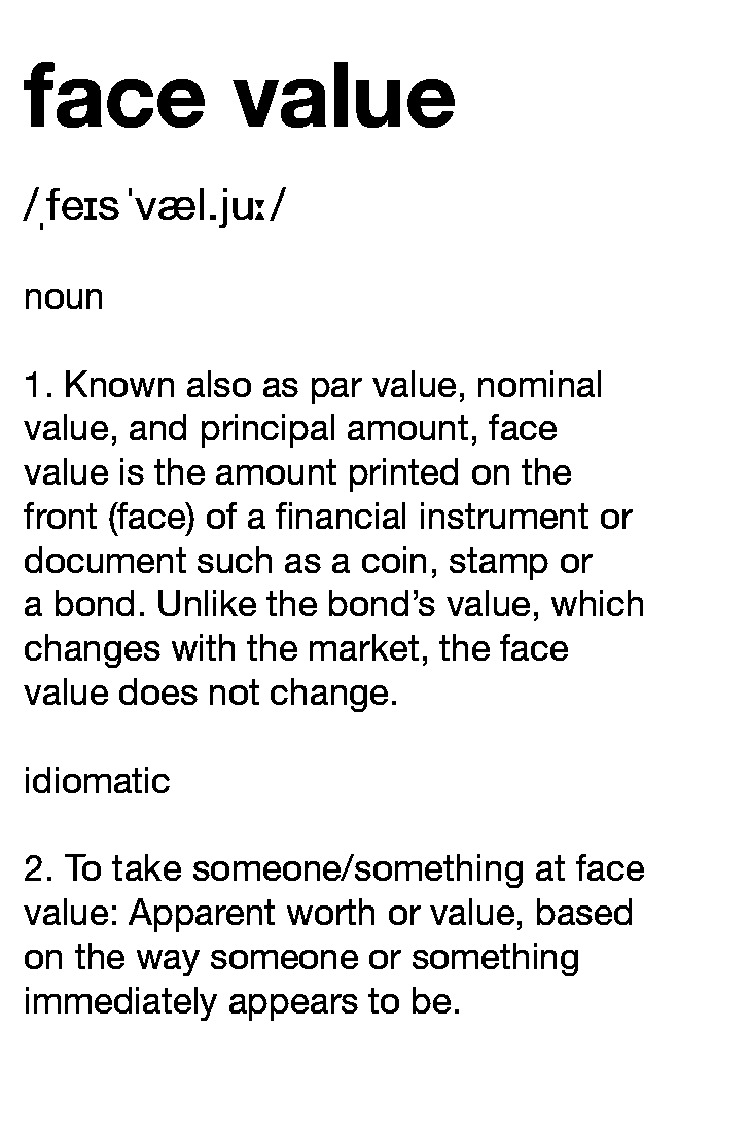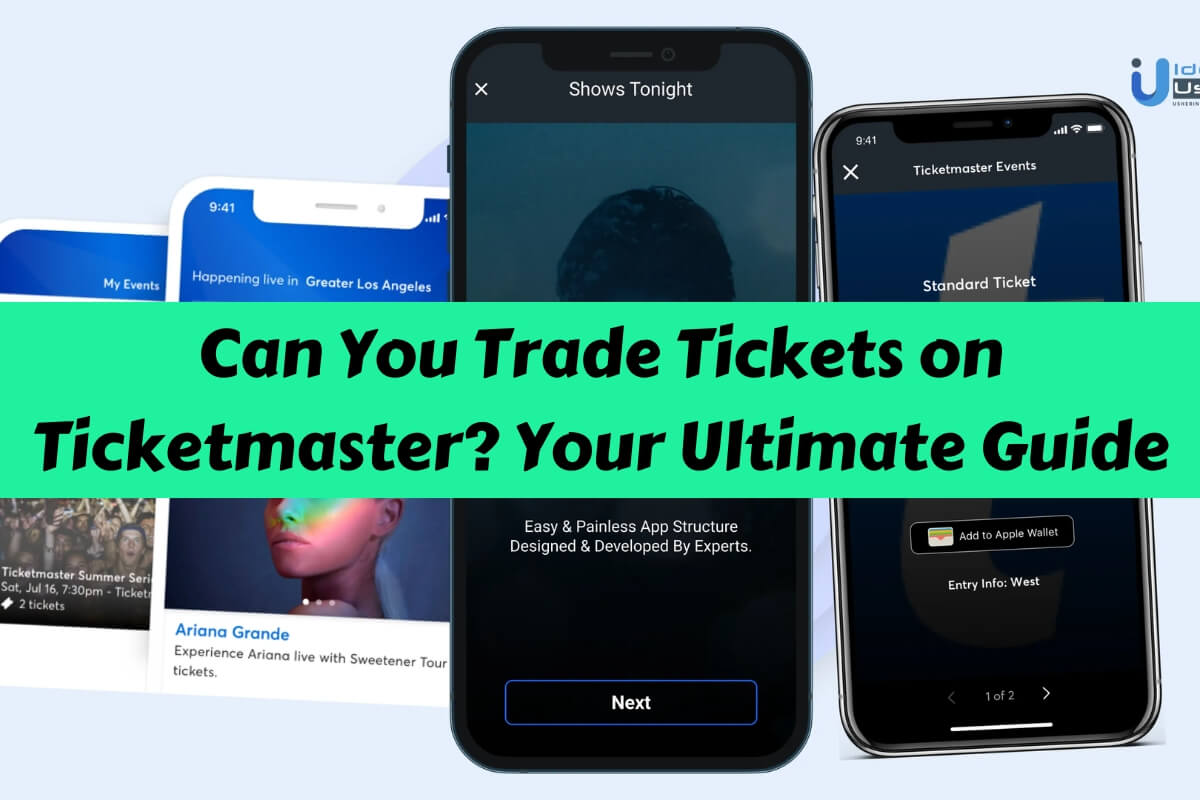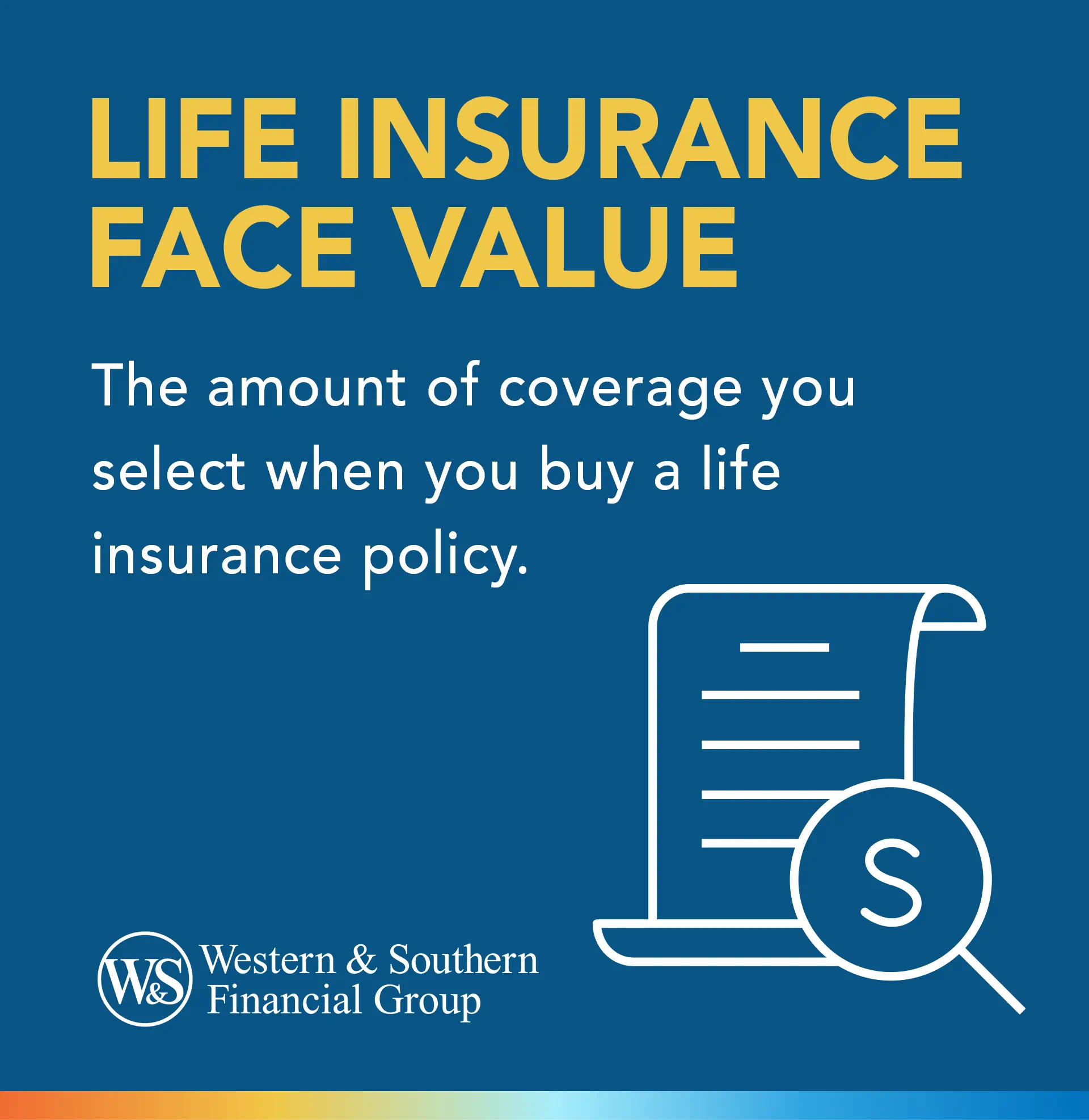What Does Face Value Tickets Mean

Ticket prices soaring beyond reach? "Face value" offers a potential lifeline, but understanding what it truly means is crucial to avoid scams and overspending.
This article clarifies the definition of face value tickets, how to identify them, and why knowing the difference between face value and resale prices can save you money and prevent exploitation in the live event market.
Understanding Face Value: The Basics
Face value is the original price of a ticket as set by the event organizer or primary ticket vendor. It's the price printed directly on the ticket itself.
This price *does not* include service fees, convenience charges, or any other additional costs tacked on by the vendor during the initial purchase.
Always check the printed price on the ticket to determine its true face value.
Who Sets the Face Value?
The event organizers (e.g., concert promoters, sports teams, theater companies) determine the face value. They consider factors like artist popularity, venue size, and production costs.
Primary ticket vendors like Ticketmaster, AXS, or directly from the venue itself are where you'll typically find face value tickets *initially*.
These vendors act as authorized sellers for the event organizers.
Where to Find Face Value Tickets
Your best bet for securing face value tickets is through the official channels mentioned above: the venue's website or authorized primary ticket sellers.
Be prepared for high demand, especially for popular events. Tickets often sell out quickly.
Consider signing up for email alerts or presales to increase your chances.
Why Face Value Matters: Avoiding the Resale Trap
The resale market (StubHub, SeatGeek, etc.) allows individuals to resell tickets they've already purchased. This is where prices often skyrocket far above face value.
Resellers are driven by profit, so they inflate prices based on demand. This can lead to exorbitant costs for consumers.
Understanding face value helps you identify inflated prices on resale platforms and make informed decisions.
How to Identify Scalped Tickets and Inflated Prices
Compare the price listed on a resale website to the face value printed on a sample ticket (often visible in the listing image, if available).
Factor in reasonable service fees charged by the original vendor. Anything significantly higher is likely a scalped ticket.
Be wary of sellers who obscure the ticket's original price or offer vague explanations for high costs.
The Impact of Bots and Scalpers
Scalpers often use automated bots to purchase large quantities of tickets immediately when they go on sale. This artificially reduces supply.
These tickets are then resold on secondary markets at significantly inflated prices, exploiting genuine fans.
Legislation and technological advancements are continuously being developed to combat bot activity.
What About "Verified Resale"?
Some primary vendors offer "verified resale" programs. These allow ticket holders to resell tickets within the vendor's platform.
While often more regulated than third-party resale sites, even "verified resale" tickets can still exceed face value, though sometimes are offered at, or even below face value.
Always compare prices carefully, even within verified resale systems.
Legal Considerations and Consumer Protection
Ticket resale laws vary by state and country. Some regions have regulations to prevent excessive price gouging.
Research the laws in your area to understand your rights as a consumer when purchasing tickets.
Report suspected price gouging or fraudulent activity to the appropriate authorities.
Ongoing Developments and Future Trends
The fight against ticket scalping and inflated resale prices is ongoing. Expect to see continued efforts to improve transparency and fairness in the ticketing market.
Blockchain technology and mobile ticketing are being explored as potential solutions to reduce fraud and control resale prices.
Consumers must remain vigilant and informed to navigate the complexities of the live event ticketing landscape.
Next Steps: Protect Yourself When Buying Tickets
Always prioritize purchasing tickets directly from the venue or authorized primary vendors.
If you must use a resale platform, carefully compare prices to the *face value* and be aware of potential risks.
Stay informed about ticketing laws and regulations in your area to protect your rights as a consumer. Be diligent in your research.
